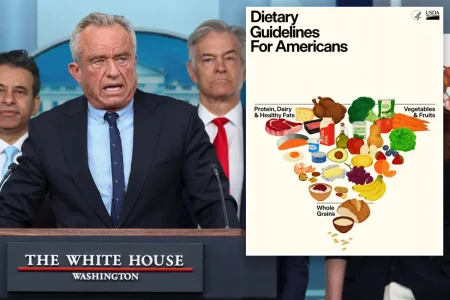India/U.K. Trade Deal Poised to Reshape Scotch Whisky Landscape
The long-anticipated free trade agreement (FTA) between India and the United Kingdom is on the cusp of finalization, promising a significant shake-up for the Scotch whisky market. This landmark deal aims to dismantle a formidable 150% tariff on imported spirits into India, a barrier that has long hindered Scotch whisky’s access to a burgeoning middle class with a growing taste for premium liquors. The reduction, and eventual elimination, of these tariffs could unlock substantial opportunities for Scottish distilleries, potentially transforming India into one of their most lucrative export markets. Whisky, a key export for the U.K., represents a significant economic driver, and the Indian market’s vast potential has put the industry at the forefront of trade negotiations. The deal is expected to not only boost sales volumes but also elevate the profile of Scotch whisky in India, paving the way for greater brand recognition and market share.
The current high tariffs have positioned Scotch whisky as a luxury product, accessible only to a limited segment of Indian consumers. This restrictive pricing environment has fueled the growth of a thriving domestic whisky market, dominated by cheaper, locally produced spirits. The FTA promises to level the playing field, allowing Scotch whisky to compete more effectively on price and accessibility. This could trigger a significant shift in consumer behavior, with a broader segment of the Indian population potentially trading up to premium imported whisky. The increased demand could also encourage further investment in the Scotch whisky industry, leading to expansions in distillery capacity and the creation of new jobs across the supply chain, from farmers growing barley to bottling plants and export logistics.
Beyond the immediate economic benefits, the FTA is expected to foster deeper cultural ties between the U.K. and India. Scotch whisky, with its rich history and heritage, embodies a distinct element of British culture. The increased availability and affordability in India could cultivate a greater appreciation for this cultural icon, further strengthening the people-to-people connections between the two nations. Moreover, the FTA could serve as a model for future trade agreements between developed and developing economies, demonstrating the potential for mutually beneficial trade partnerships that facilitate economic growth and cultural exchange. This success could inspire similar negotiations in other sectors and regions, promoting greater globalization and international cooperation.
However, the path to realizing the full potential of the FTA is not without challenges. Navigating the complex regulatory landscape in India, which varies significantly across states, will require careful planning and execution by Scotch whisky producers. Establishing efficient distribution networks and ensuring product authenticity will be crucial to building consumer trust and mitigating the risk of counterfeit products. Furthermore, the phasing out of tariffs needs to be carefully managed to avoid disrupting the existing domestic whisky industry in India. A gradual reduction will allow local producers time to adapt and compete effectively, fostering a healthy and dynamic market environment that benefits both domestic and international brands.
The FTA also has broader implications beyond the whisky market. It represents a strengthening of trade ties between the U.K. and India, two major global economies with significant potential for synergistic growth. The agreement aims to reduce trade barriers across a range of sectors, including pharmaceuticals, automobiles, and services, potentially generating billions of dollars in increased trade. This enhanced economic partnership could also lead to greater collaboration in areas such as technology, innovation, and climate change, fostering deeper bilateral cooperation and strengthening the relationship between the two countries. The FTA is seen as a cornerstone of the U.K.’s post-Brexit trade strategy, demonstrating its commitment to forging new global partnerships and expanding its economic reach beyond the European Union.
The India-U.K. FTA presents a significant opportunity for the Scotch whisky industry to tap into a vast and rapidly growing market. The elimination of prohibitive tariffs could unlock substantial growth potential, allowing Scotch whisky to compete on a more level playing field and reach a wider consumer base. However, realizing this potential requires careful planning, effective execution, and a commitment to building strong partnerships within India. The success of this agreement could not only transform the Scotch whisky market but also serve as a catalyst for broader economic and cultural exchange between the U.K. and India, paving the way for a stronger and more dynamic bilateral relationship. The FTA signifies a significant step for both nations as they navigate the evolving global trade landscape, fostering greater economic cooperation and strengthening their ties in an increasingly interconnected world.














